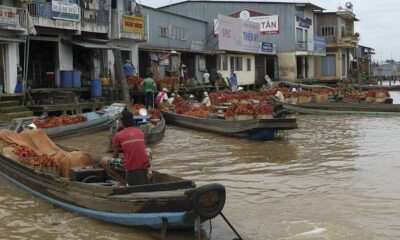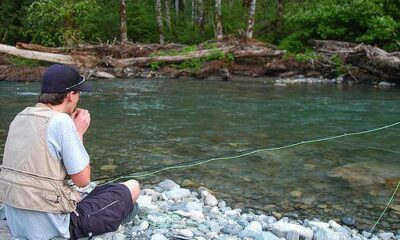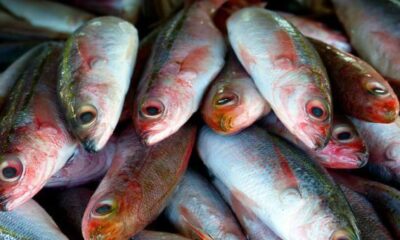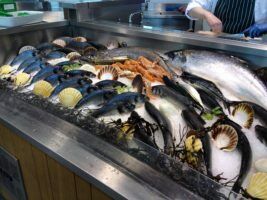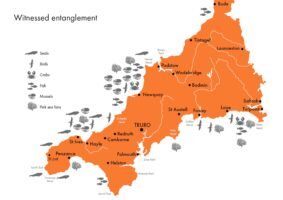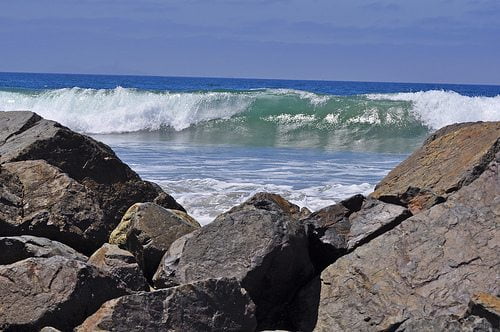

Economy
Greenpeace calls for overhaul of Pacific fishing practices after Nauru transshipment ban
Greenpeace Australia Pacific has called for a region-wide ban on the transshipment of fish catches following Nauru’s announcement today that it would no longer allow the practice in its waters.
The Government of the Nauru issued the ban on transshipping in its waters outside its port, and is calling on other Pacific Island Nations to do the same. A regular industry practice that is largely unmonitored, transshipping involves fishing vessels – longliners – transferring their catch to ‘motherships’ to be taken and sold in far-away markets. This means that boats can stay out at sea for years, evading checks on their fishing practices and licenses, and the treatment of their crew.
“Today’s announcement by Nauru is a shining example of the action that needs to be taken urgently to protect our Pacific Islands,” said Greenpeace Australia Pacific oceans campaigner Lagi Toribau from aboard the Rainbow Warrior.
“The longline industry is chronically unregulated and poorly monitored, and the high seas are currently acting as loopholes for pirate fishing boats.
“Out here, overfishing is the norm. Many tuna stocks are already in trouble, and illegal fishing is only adding to that pressure,” he said.
Nauru is the third Pacific country to ban the practice of transshipping, and their announcement is in response to last week’s bust by the Greenpeace ship Rainbow Warrior of a Taiwanese longline boat fishing illegally in the high seas that border Nauru’s national waters.
Greenpeace is calling for a complete overhaul of longline fisheries, including a ban on transshipping catch, to bring them under better control and proper management. There are more than 3,500 longline vessels currently authorised to fish by the Western and Central Pacific Fisheries Commission.
“If fishing vessels had to go to land to transfer their catch, it would solve many of the problems out here in the Pacific. It would make it easier to properly account for and manage these catches, and also boost the economies of Pacific Island countries where the catches come from.
“If the fishing industry is above board, they should have no problem with this solution. We need to put a stop to hiding dirty fishing practices out at sea.
“Although more than 70 percent of the world’s tuna comes from the Pacific, only 20 percent of that is actually caught by Pacific Island fleets. Industrial fishing has a huge impact on the Pacific Island countries that have relied on tuna for generations,” said Toribau.
In Fiji, local fishing vessels are mothballed and workers have been laid off. Local fisheries in Samoa, Tonga and other Pacific Island nations are also suffering.


 Environment12 months ago
Environment12 months agoAre Polymer Banknotes: an Eco-Friendly Trend or a Groundswell?

 Features11 months ago
Features11 months agoEco-Friendly Cryptocurrencies: Sustainable Investment Choices

 Energy11 months ago
Energy11 months agoThe Growing Role of Solar Panels in Ireland’s Energy Future

 Energy12 months ago
Energy12 months agoHow Renewable Energy Can Help Combat Climate Change, According to Indra Energy


